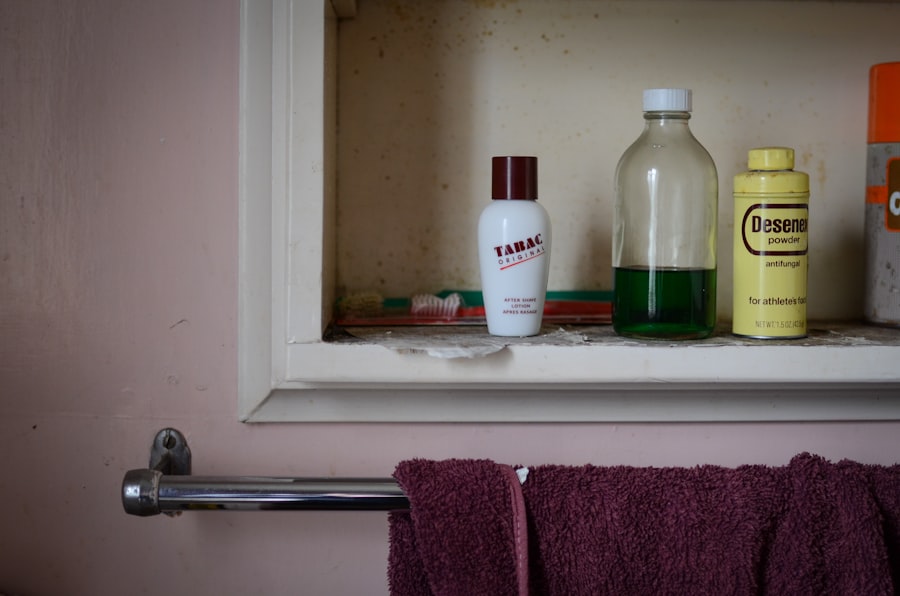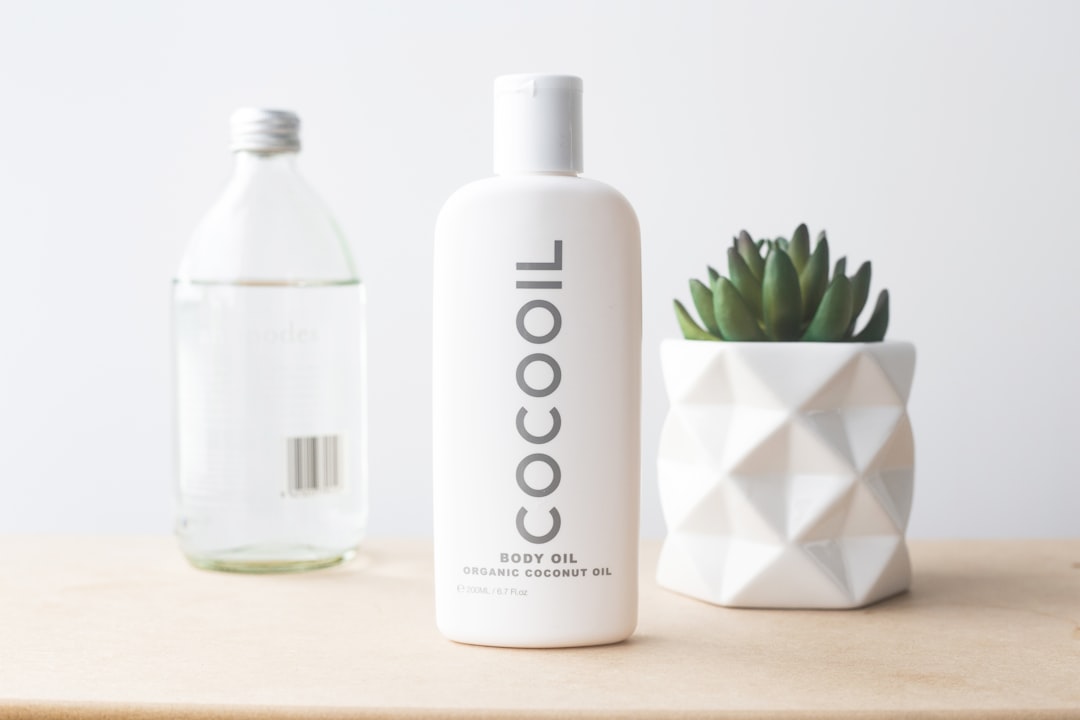Aftercare is a crucial aspect of any beauty or skincare treatment, yet it is often overlooked. You may find yourself excited about the immediate results of a procedure, but neglecting aftercare can lead to complications and diminish the benefits you’ve just received. Aftercare is not merely a suggestion; it is an essential part of the healing process that ensures your skin recovers properly and maintains its newfound radiance.
By understanding the importance of aftercare, you can maximize the effectiveness of your treatments and promote long-term skin health. When you invest time and resources into a skincare procedure, it’s vital to recognize that the journey doesn’t end when you leave the clinic or spa. Your skin requires special attention in the days and weeks following your treatment.
This is the time when your skin is most vulnerable, and how you care for it can significantly impact its appearance and health. By adhering to a well-structured aftercare routine, you can help your skin heal more effectively, reduce the risk of complications, and ensure that you enjoy the best possible results from your treatment.
Key Takeaways
- Aftercare is crucial for maintaining healthy skin and ensuring the success of any skincare treatment.
- Moisturizing and hydrating the skin are essential steps in aftercare to keep the skin nourished and supple.
- Protecting the skin from sun exposure is important to prevent damage and premature aging.
- Avoiding irritants and harsh chemicals helps to maintain the skin’s natural balance and prevent irritation.
- Regular exfoliation is key for achieving smooth and radiant skin by removing dead skin cells.
Moisturizing and Hydrating the Skin
One of the most critical components of aftercare is moisturizing and hydrating your skin. After a treatment, your skin may feel dry or tight, which can be uncomfortable and may even lead to irritation if not addressed. You should prioritize using a high-quality moisturizer that suits your skin type.
Look for products that contain ingredients like hyaluronic acid, glycerin, or ceramides, as these can help lock in moisture and create a protective barrier on your skin. In addition to applying moisturizer, it’s essential to keep your skin hydrated from within. Drinking plenty of water throughout the day can significantly improve your skin’s overall appearance and elasticity.
Hydration helps to flush out toxins and supports cellular repair, which is particularly important after any treatment that may have caused micro-damage to the skin. By combining topical hydration with internal hydration, you can create an optimal environment for your skin to heal and thrive.
Protecting the Skin from Sun Exposure
Sun protection is another vital aspect of aftercare that you cannot afford to overlook. After undergoing a skincare treatment, your skin may be more sensitive to UV rays, making it crucial to shield it from sun exposure. You should apply a broad-spectrum sunscreen with an SPF of at least 30 every day, even on cloudy days or when you plan to stay indoors.
This will help prevent sunburn, pigmentation issues, and premature aging, all of which can compromise the results of your treatment. In addition to sunscreen, consider wearing protective clothing such as wide-brimmed hats or long sleeves when spending extended periods outdoors. You might also seek shade whenever possible, especially during peak sun hours.
By taking these precautions, you can safeguard your skin from harmful UV rays and ensure that it remains healthy and vibrant in the long run. (Source: American Academy of Dermatology)
Avoiding Irritants and Harsh Chemicals
| Product | Chemical Irritants | Harsh Chemicals |
|---|---|---|
| Shampoo | Parabens, Sulfates | Artificial Fragrances, Dyes |
| Skincare Cream | Alcohol, Synthetic Preservatives | Phthalates, Petrochemicals |
| Cleaning Spray | Ammonia, Chlorine | Triclosan, Formaldehyde |
After a skincare treatment, your skin may be more susceptible to irritation from various sources. It’s essential to avoid irritants and harsh chemicals that could exacerbate any sensitivity or redness you may experience. This means steering clear of products containing alcohol, fragrances, or strong exfoliants for at least a few days post-treatment.
Instead, opt for gentle, soothing formulations that are specifically designed for sensitive skin. You should also be cautious about introducing new products into your routine during this time. While it may be tempting to try out the latest skincare trends or products, doing so could lead to adverse reactions that compromise your treatment results.
Stick to a minimalistic approach with a few trusted products until your skin has fully healed. This will help you maintain a balanced complexion while allowing your skin to recover without unnecessary stress.
Regular Exfoliation for Smooth Skin
While it’s important to be gentle with your skin immediately following a treatment, regular exfoliation should become part of your long-term skincare routine once your skin has healed. Exfoliation helps remove dead skin cells, promoting cell turnover and revealing fresh, smooth skin underneath. You may choose between physical exfoliants, like scrubs, or chemical exfoliants containing alpha-hydroxy acids (AHAs) or beta-hydroxy acids (BHAs).
Each type has its benefits, so consider what works best for your skin type. Incorporating regular exfoliation into your routine can enhance the results of your treatment by preventing clogged pores and dullness. However, moderation is key; over-exfoliating can lead to irritation and sensitivity.
Aim for exfoliating once or twice a week, depending on your skin’s needs and tolerance. By maintaining this balance, you can enjoy smoother, brighter skin while supporting its overall health.
Monitoring for Any Adverse Reactions

As you embark on your aftercare journey, it’s essential to remain vigilant about monitoring your skin for any adverse reactions. While most treatments are safe and effective, individual responses can vary widely.
If you notice any unusual changes in your skin’s condition, don’t hesitate to reach out to your skincare professional for guidance. Being proactive about monitoring your skin allows you to address any issues before they escalate into more significant problems. Documenting any changes in a journal can also be helpful; this way, you can provide detailed information to your skincare provider if needed.
By staying attuned to your skin’s needs and responding promptly to any concerns, you can ensure a smoother recovery process and maintain the results of your treatment.
Following Up with Additional Treatments
Aftercare doesn’t end with just one treatment; it often involves a series of follow-up sessions to achieve optimal results. Depending on the type of procedure you underwent, you may need additional treatments spaced out over time. These follow-up sessions can help reinforce the benefits of the initial treatment and address any lingering concerns you may have about your skin.
You should discuss a personalized treatment plan with your skincare professional during your follow-up appointments. They can assess how well your skin has responded and recommend any adjustments or additional treatments that may be beneficial for you. By committing to this ongoing care regimen, you can continue to enhance your skin’s appearance and health over time.
Consulting with a Professional for Personalized Advice
Finally, one of the best ways to ensure effective aftercare is by consulting with a professional who can provide personalized advice tailored to your unique needs. Every individual’s skin is different; what works for one person may not be suitable for another. A qualified skincare expert can assess your specific situation and recommend an aftercare routine that aligns with your goals and skin type.
Don’t hesitate to ask questions during consultations; understanding why certain products or practices are recommended will empower you to take charge of your skincare journey. Whether it’s about product selection, frequency of treatments, or lifestyle adjustments that could benefit your skin, having an open dialogue with a professional will help you make informed decisions that support long-term success. In conclusion, aftercare is an integral part of any skincare treatment that should not be underestimated.
By understanding its importance and following best practices—such as moisturizing, protecting against sun exposure, avoiding irritants, regular exfoliation, monitoring for reactions, following up with additional treatments, and consulting professionals—you can ensure that your skin remains healthy and radiant long after your initial treatment. Taking these steps will not only enhance the results of your procedures but also contribute to lasting beauty and confidence in your skin.
After undergoing laser hair removal treatment, it is important to follow proper aftercare tips to ensure the best results. One helpful article that provides detailed information on laser hair removal aftercare tips can be found on the In Laser Hair Removal website. This article offers valuable advice on how to care for your skin post-treatment to minimize any potential side effects and maximize the effectiveness of the procedure.
FAQs
What is laser hair removal?
Laser hair removal is a cosmetic procedure that uses a concentrated beam of light (laser) to remove unwanted hair. The laser targets the pigment in the hair follicle, damaging the follicle and inhibiting future hair growth.
What are some common aftercare tips for laser hair removal?
Some common aftercare tips for laser hair removal include avoiding sun exposure, using gentle skincare products, avoiding hot showers and baths, and avoiding excessive sweating or friction on the treated area.
How long does it take for the skin to heal after laser hair removal?
The skin typically heals within a few days to a week after laser hair removal. It is normal to experience redness, swelling, and mild discomfort immediately after the procedure, but these symptoms should subside within a few days.
Can I shave or wax between laser hair removal sessions?
It is generally recommended to avoid shaving or waxing between laser hair removal sessions, as these methods can disrupt the hair growth cycle and interfere with the effectiveness of the treatment. However, it is important to follow the specific aftercare instructions provided by your laser hair removal technician.
Are there any specific products to avoid after laser hair removal?
After laser hair removal, it is best to avoid using harsh skincare products, exfoliants, and products containing alcohol or fragrance on the treated area. These products can irritate the skin and interfere with the healing process.






